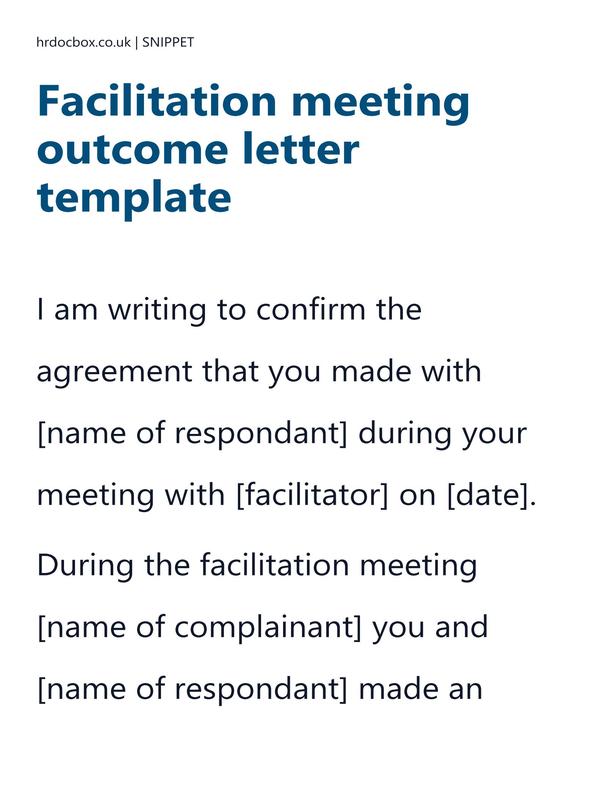Grievance templates toolkit
Grievance templates to help employers manage workplace complaints fairly, consistently and in line with UK employment law.
Our templates are designed to address the various stages and complexities of the grievance process. From initial informal discussions to formal grievance hearings, our toolkit offers all the essential documents tailored to your business needs, ensuring a fair, consistent, and transparent approach to resolving employee issues.
- 23 Grievance templates.
- Includes all Grievance templates, plus 12 months' access with all updates to the Grievance templates toolkit provided free of charge and notified to you.
- UK-specific accuracy.
- Instantly download templates as Word / PDF / plain text, or send by email.
- The Grievance templates toolkit will SAVE you up to 15 hours drafting & research. Save cost. Reduce risk.
Grievance
Grievances are concerns, problems or complaints that employees raise with their employer. A grievance might concern matters such as an employee's work, physical working environment, pay and benefits, working hours, health and safety, working relationships or general treatment at work.
Grievances may be concerned with a wide range of issues, including the allocation of work, the working environment or conditions, the lack of opportunities for career development or the way in which someone has been managed.
Grievance templates are essential for managing a low-risk, compliant Grievance process.
Compliance
Compliance
You must treat all grievances promptly and seriously, and try to achieve a resolution. You must also ensure you follow your organisation's grievance policy,
If you do not follow a fair and proper process, you run the risk of the aggrieved employee bringing a legal claim against you and/or damaging relations in your workplace.
-
All employees must have a written statement of terms and conditions of employment that contains specific information concerning grievances, such as who to contact and how to file a grievance, but can also send the employee to another easily available document for information on any "next steps."
-
According to case law, an employer has an implicit obligation to "fairly and promptly offer its employees a reasonable chance to pursue redress of any grievance."
-
The Acas Code of Practice on Disciplinary and Grievance Procedures offers employers, workers, and their representatives with fundamental practical information and establishes guidelines for managing grievance problems in the workplace. Written grievance processes and grievance proceedings must be in accordance with the code.
-
Although failing to observe the code does not automatically subject an employer to legal action, employment tribunals will examine the code when assessing relevant situations.
-
Many grievances may be settled amicably with a quiet word. However, if informal settlement is not feasible, a grievance procedure should outline the proper steps for an employee to take to raise the matter with management in writing.
-
A grievance procedure should include a right of appeal for employees who believe their issue has not been addressed properly.
-
When attending any formal disciplinary or grievance hearing, employees (and workers) have the statutory right to be accompanied by a fellow worker or trade union official.
Key Grievance Case Law
Key Grievance Case Law
Navigating Grievance processes correctly is crucial to help you avoid any problems (which can be costly in terms of time, money and reputation).
Recent UK case law has highlighted key aspects of good Grievance management. Knowing how courts have handled claims can help you assess whether your proposed actions are likely to be seen as reasonable.
Here are some notable rulings and their implications:
-
Newcombe v. Council (2019):
Facts: Ms. Newcombe experienced stress and anxiety due to accusations of "throwing sickies" and social media posts deemed derogatory by her employer. Despite an Occupational Health report recommending mediation, the Council did not follow this advice and instead threatened dismissal for ill health. Ms. Newcombe's grievance against her line manager was inadequately investigated, leading to her resignation.
Outcome: The Employment Tribunal found the Council's conduct breached the implied term of trust and confidence, constituting unfair dismissal, and awarded Ms. Newcombe £11,600.
-
Gordon v. J & D Pierce (Contracts) Ltd (2020):
Facts: Mr. Gordon claimed constructive dismissal after alleging his employer breached the implied term of trust and confidence.
Outcome: He engaged in the grievance process, which was interpreted by the Tribunal as affirming the contract. However, the Employment Appeal Tribunal (EAT) disagreed, stating that participating in a grievance procedure does not necessarily affirm the contract and can be seen as separate from the breach itself.
Key takeaway: This case highlights that employees can pursue grievances without waiving their right to claim constructive dismissal later.
-
Blackburn v. Aldi Stores Ltd (2020)
Facts: Mr Blackburn, an LGV driver, raised a grievance about health and safety, training, and alleged abusive behaviour from a deputy manager. The grievance was not handled according to Aldi’s own procedures. Mr Blackburn resigned, claiming constructive dismissal.
Outcome: The Employment Appeal Tribunal (EAT) ruled that Aldi’s failure to follow its grievance appeal procedure could justify Mr Blackburn’s resignation, constituting constructive dismissal.
Key Takeaway: Employers should adhere strictly to their grievance procedures, even if non-contractual, and ensure an impartial appeal process as per the ACAS Code.
Instantly unlock with a purchase.
Instantly unlock with a purchase.
Grievance workflow
Grievance workflow
Here we show you which resources to use to effectively resolve an employee grievance, taking into account the different decisions and directions that are likely / possible.
Following this flowchart will ensure that you factor in all eventualities, follow legal / code of conduct or best practice processes, communicate effectively, and reduce the risk of things going wrong.
Frequently Asked Questions about Grievance templates
Frequently Asked Questions about Grievance templates
-
Can small businesses use these Grievance templates?
Yes. The Grievance templates in this toolkit are designed to be flexible and suitable for organisations of all sizes, including small businesses and charities. They follow UK employment law best practice, so even if you don't have an in-house HR team, you can confidently manage Grievance processes and issues.
-
Are these Grievance templates up to date for UK law in 2026?
Absolutely. All templates are drafted with the latest ACAS guidance and UK employment legislation in mind. We review and update them regularly, so you can be confident they remain compliant.
-
What types of Grievance letters and documents are included?
Every toolkit includes a complete set of editable templates, supporting documents, and manager guidance designed to save time and ensure compliance.
-
How will this help me as an HR manager or business owner?
Purchasing the toolkit saves you hours of drafting time and reduces the risk of legal mistakes. Instead of starting from scratch, you'll have clear, professional templates that you can adapt to your business.
-
Do I get instant access to the templates?
Yes. Once purchased, you'll be able to download the Grievance toolkit instantly. The templates are provided in editable Word or Excel format so you can customise them easily, and PDF format for easy sharing.
-
Can I preview a sample Grievance template before buying?
We provide free examples of our templates here. This gives you a sense of the quality and layout before you commit to purchasing the full toolkit.
-
What if I need a full HR toolkit, not just Grievance templates?
If you're looking for broader support, we also offer library bundles that include Grievance templates along with absence, grievance, and other HR policies. These may be more cost-effective if you need a complete HR library.
-
Why should I use these templates, and not AI to generate them?
The risk of using free AI-generated templates 'without review' includes your legal exposure, missing context, and no awareness of the wider process. Purchasing from us mitigates that risk.


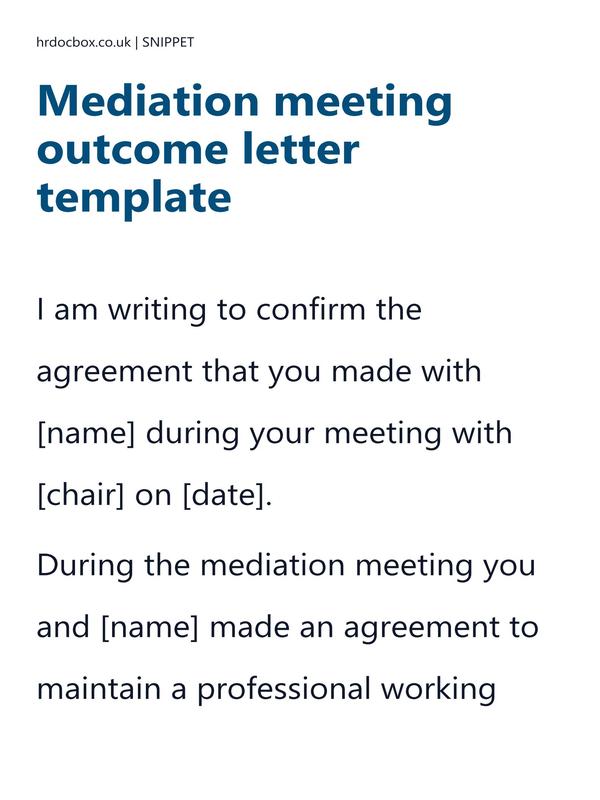
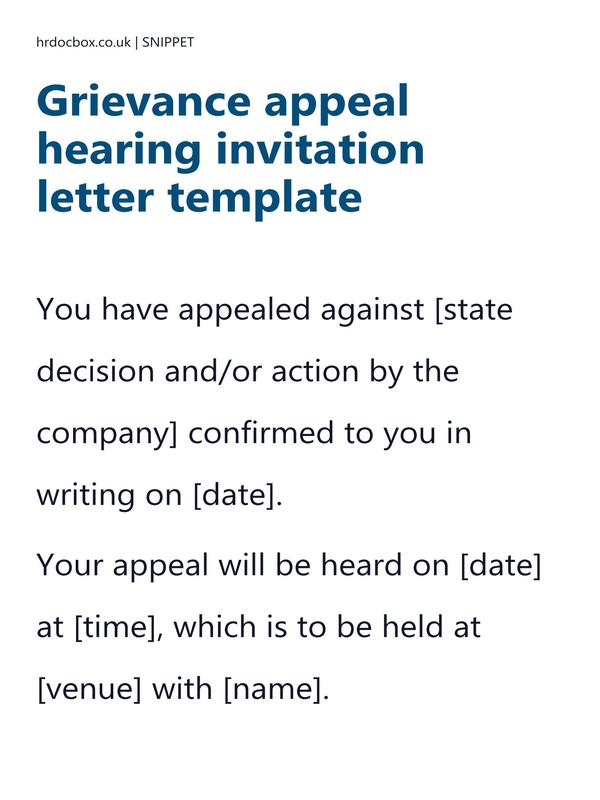
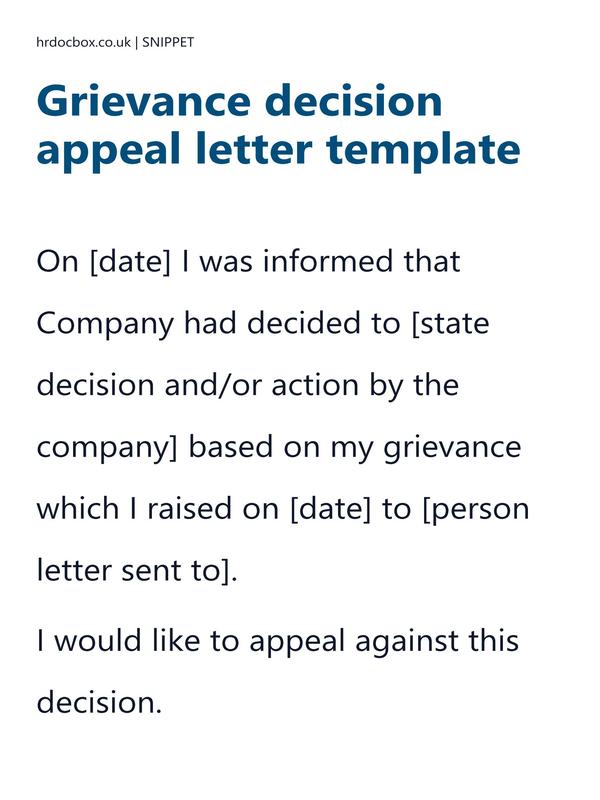
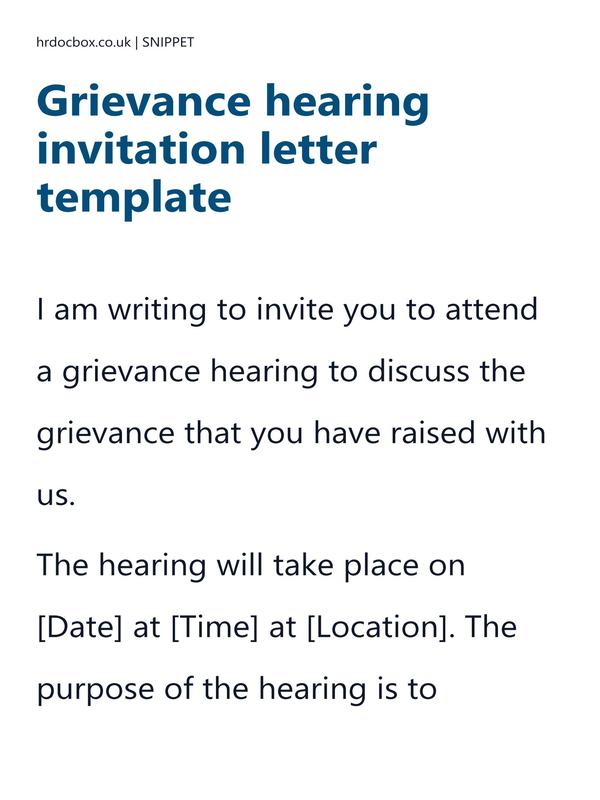
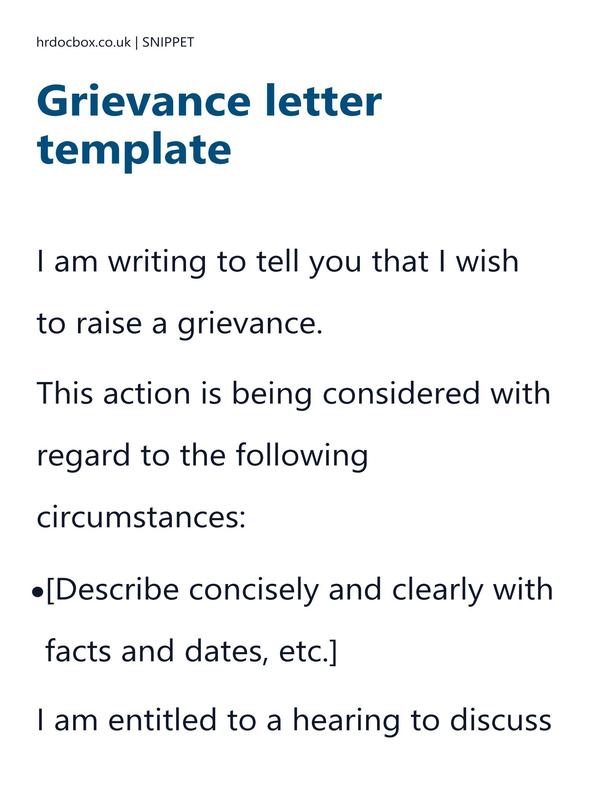
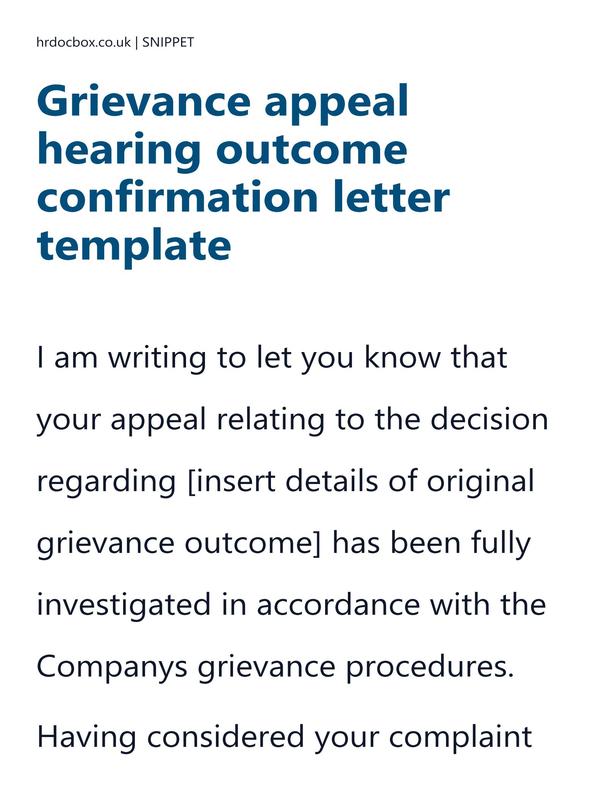
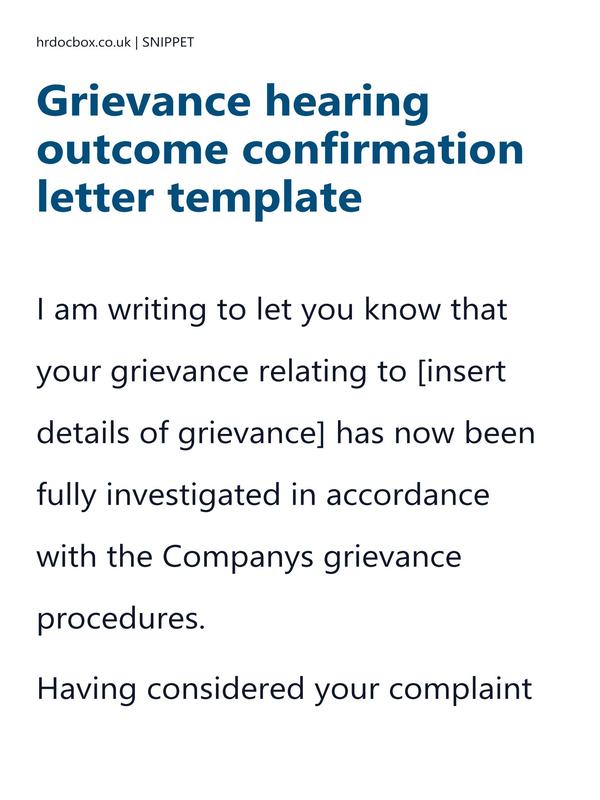
-letter-template-preview.jpg)

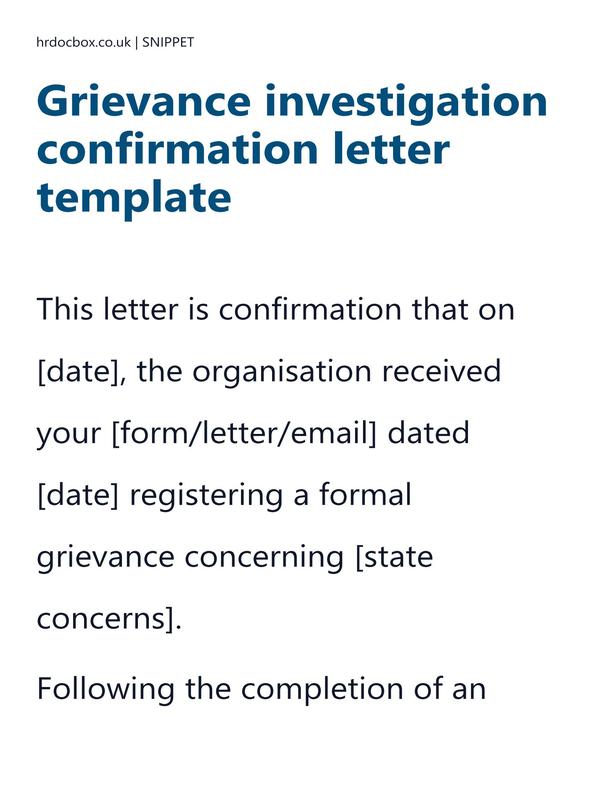
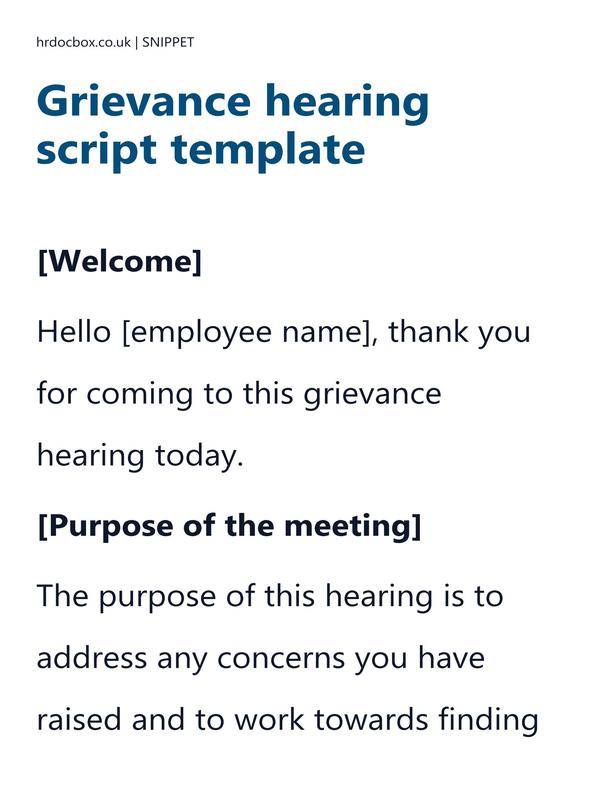

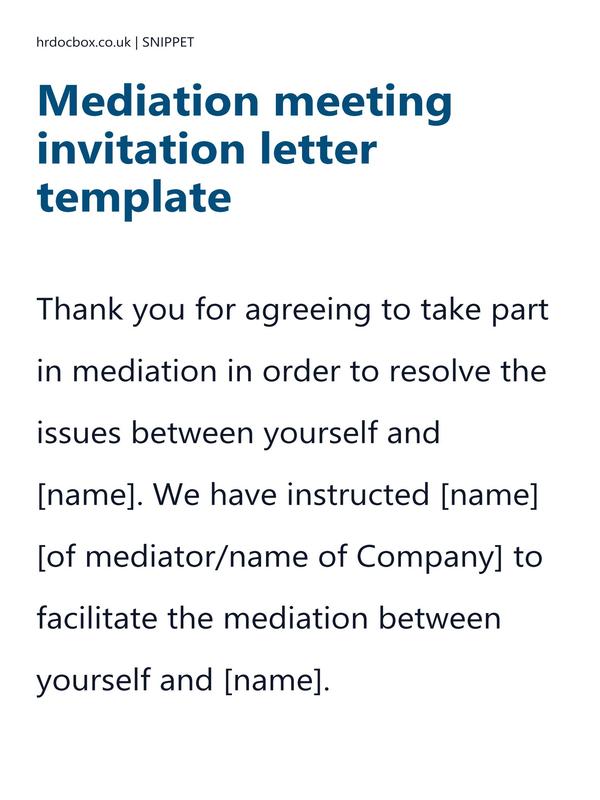
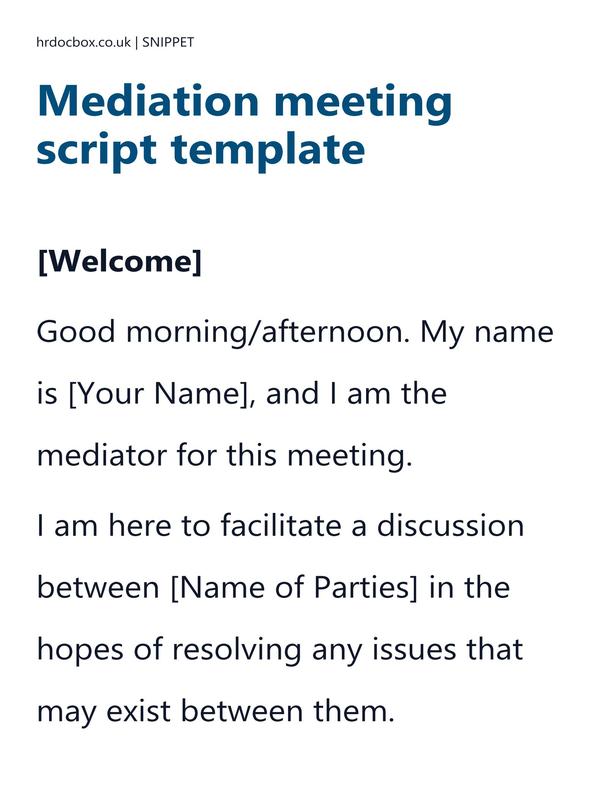
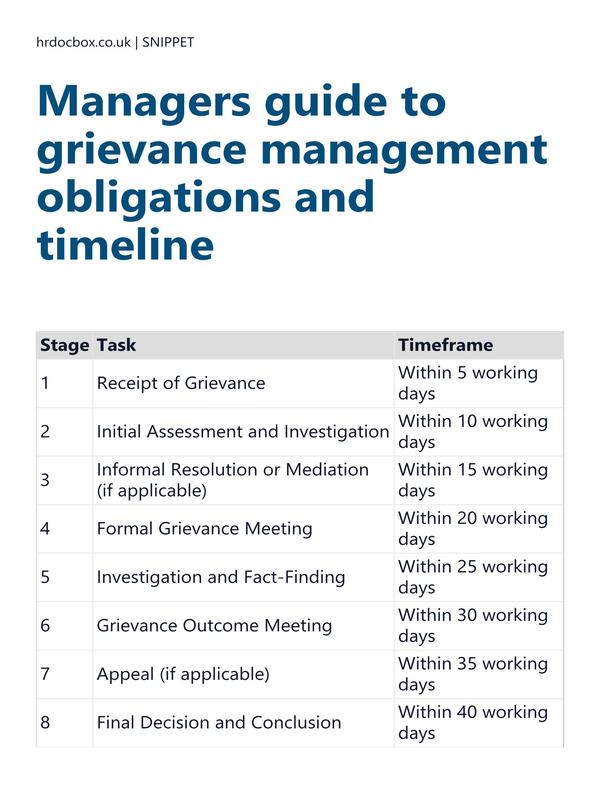
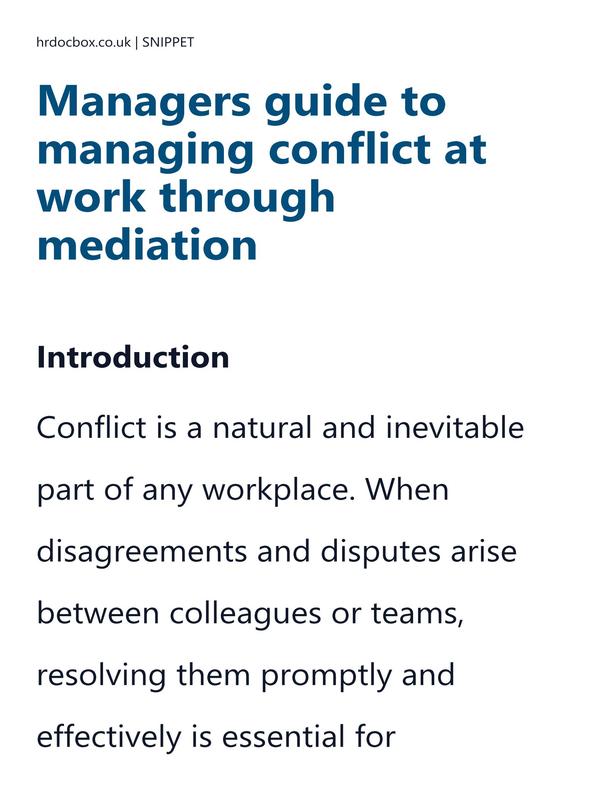
-acknowledgment-letter-template-preview.jpg)
-letter-template-preview.jpg)
